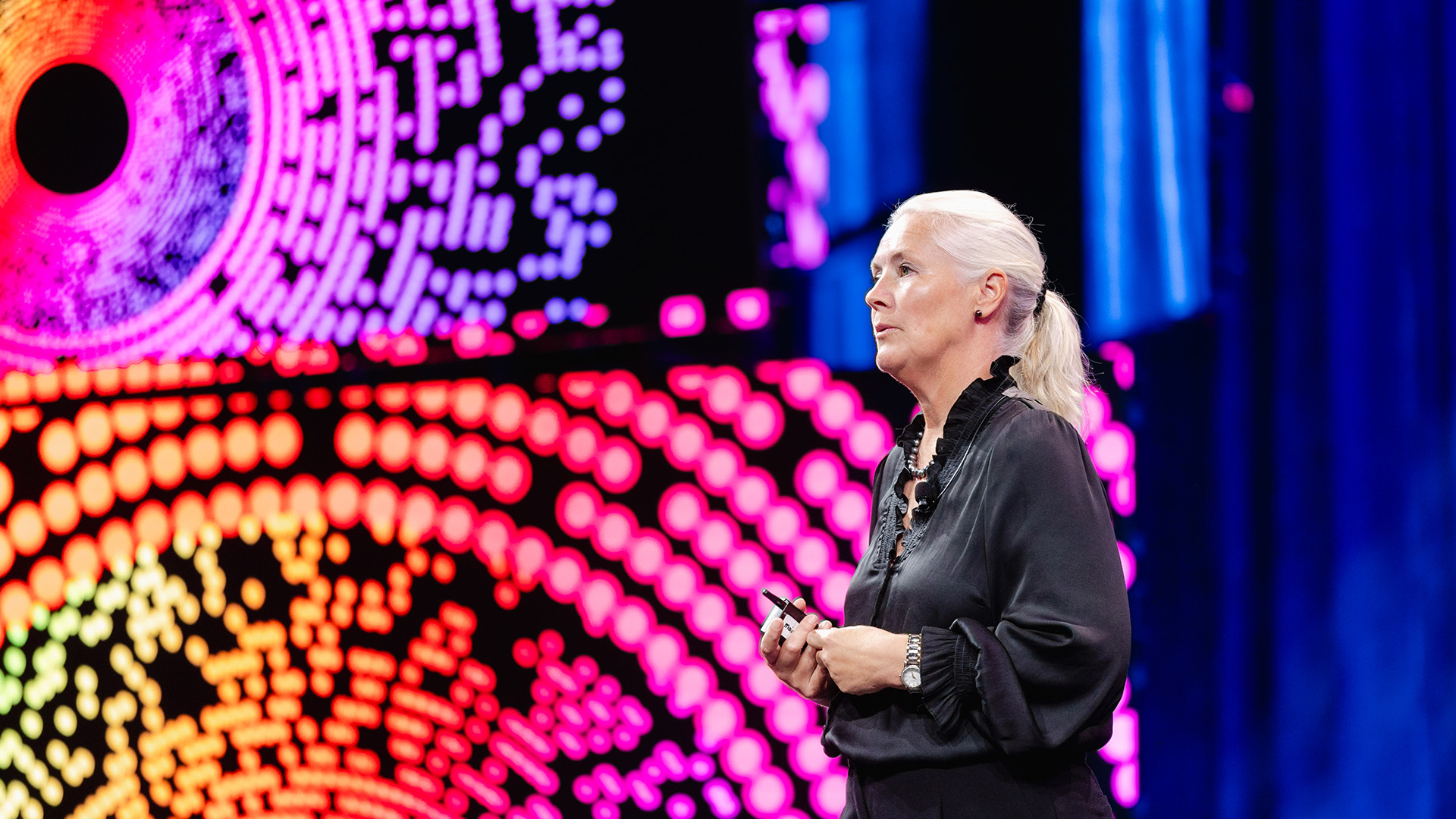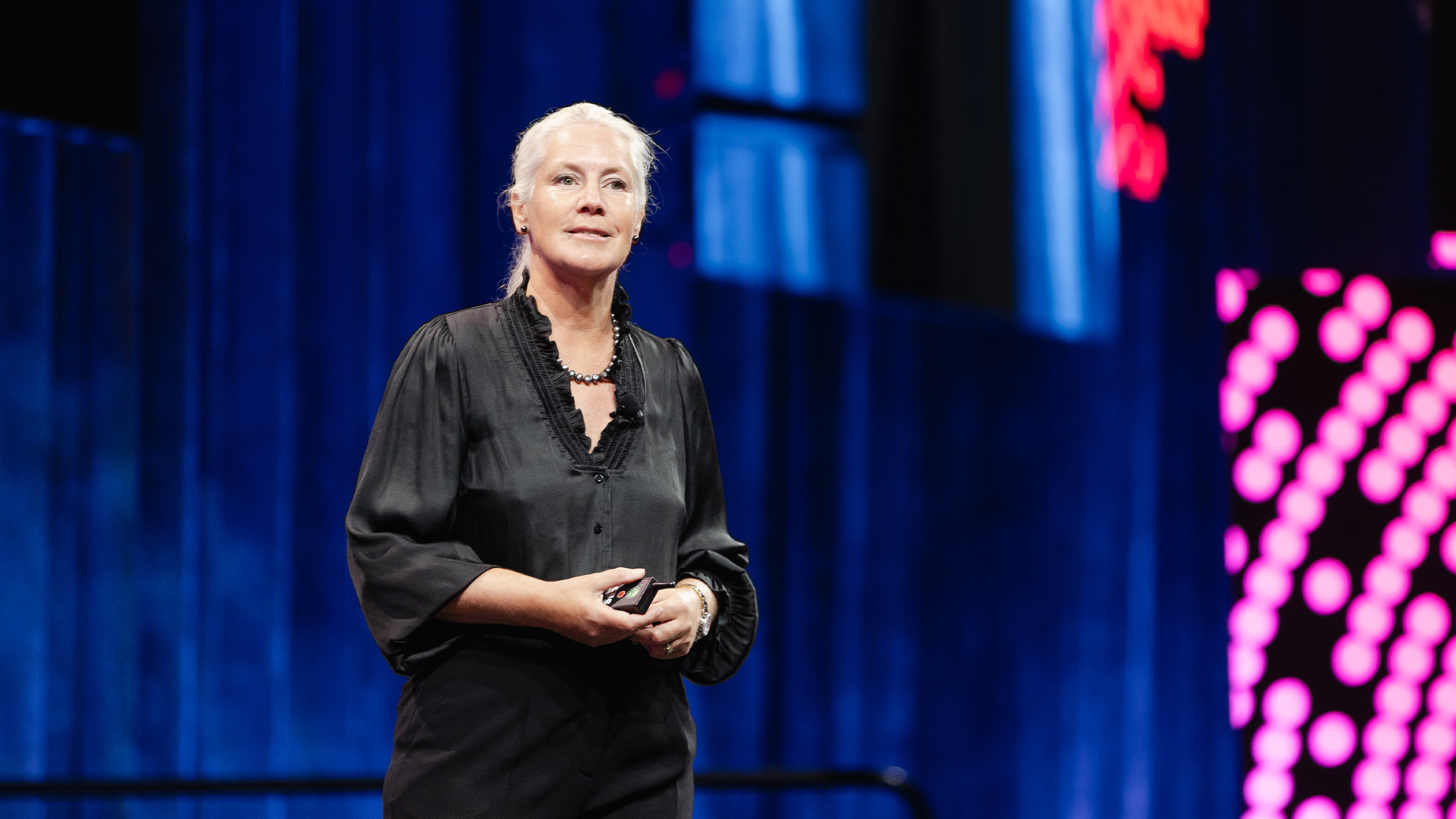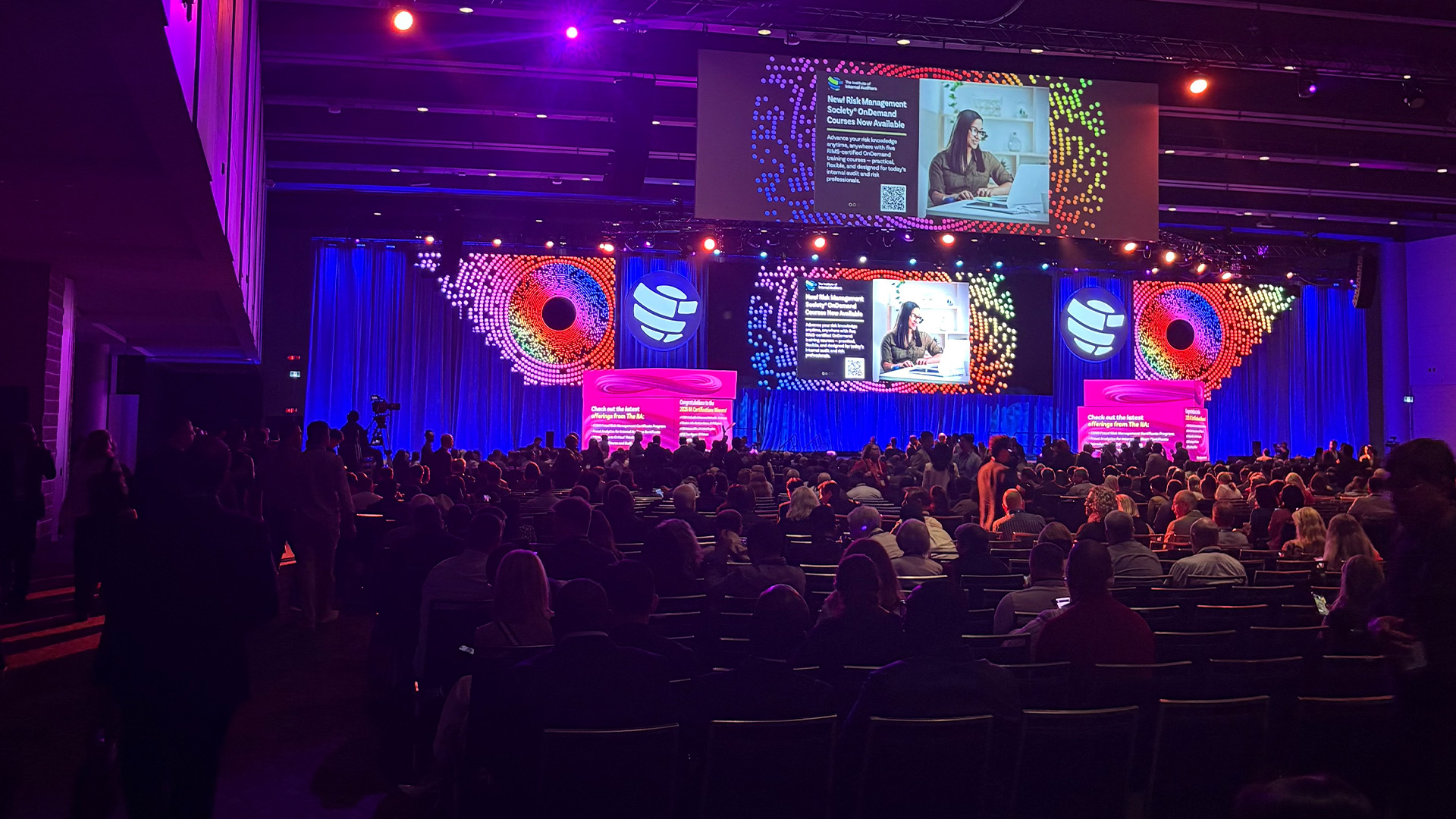ABOUT PIA
Pia Heidenmark Cook is a renowned business executive with 30+ years of experiences in embedding sustainability into organisation's business strategies and day-to-day operations.



For the last 30 years, long before sustainability was a common business strategy, Pia has worked across different companies to embed sustainability strategies into concrete actions.
She has served as Group Chief Sustainability Officer at IKEA; responsible for leading sustainability across 30+ retail countries, where she played a key role in integrating and embedding sustainability into both the hard- and soft wiring of the company, while also being a key spokesperson for the company.
Today, Pia’s mission is to help businesses, across sectors and geographies, navigate the rapidly evolving sustainability space and build ambitious sustainability strategies that help organisations grow and be resilient in a fast-paced changing world. Her thought leadership is shared in the 2024 book on embedding sustainability and in numerous podcasts and speeches.
Pia is also an experience non-executive board member, with current and past assignements spanning many sectors and geographies: e.g. Teneo, Decathlon, Bupa, Origin Materias etc.

Non-executive Director / Senior Advisor
Today; non-executive director on company boards across the US and Europe, as well as senior advisor to professional services and private equity firms.

Group Chief Sustainability Officer
IKEA/Ingka Group, Sweden
2017-2021

Head of Communication
IKEA Foundation, Sweden
2008-2011

Vice President, Responsible Business
The Rezidor Hotel Group, Belgium
(Radisson Hotel Group)
2001-2008
Humans have always relied on ecosystems for essentials like safe drinking water, clean air, shelter, storm protection, and food from agriculture and carbon storage. Biodiversity, encompassing all life forms from genes to ecosystems, is the bedrock of our existence, providing vital resources like food, water, and medicine. Our planet’s diverse ecosystems, including forests, wetlands, and oceans, play a crucial role in absorbing over half of all carbon emissions, thereby mitigating climate change impacts. However, climate change, primarily caused by human-induced greenhouse gas emissions, is also negatively impacting ecosystems.
While these issues will impact all, the poorest will be most affected. Nature operates as a vast, interconnected system. Hence, disruptions in one area can ripple out, affecting ecosystems globally. Our social and environmental challenges are intrinsically linked. While nature’s preservation is a worthy goal on its own, our very existence hinges on a flourishing environment and the services it offers. Essential necessities like clean air and wholesome food are non-negotiable. Trees and plants purify our air, while a consistent climate nurtures the food we consume.This holistic approach encompasses both social and environmental facets, rather than zeroing in on one specific aspect of sustainability.
As we pivot toward an environmentally sustainable economy, it’s imperative that this transformation aligns with broader societalgoals such as creating quality employment opportunities, promoting social inclusion, and eliminating poverty. Without concerted efforts in re-training, skill enhancement, and job creation, we risk sidelining significant segments of the population. This not only compounds humanitarian concerns but also poses potential political and societal disruptions. The International Labour Organization (ILO) posits that a green economic transformation holds potential as a catalyst for growth, both in developed and emerging economies. Such a transformation can yield ‘green jobs’ that not only support environmental sustainability but also make significant strides toward poverty alleviation and societal inclusion.
Far from being a narrow-minded specialist, working with sustainability means understanding macro and geopolitical movements, long-term trends facing businesses and society as well as customer and market attitudes towards sustainability -using scenario planning, forecasting and materiality assessments –and understanding all aspects and working with all parts of a business. Sustainability is about the vision, business strategy, product mix and financial model of an organisation, it is about how an organisation choose to contribute to society. Sustainability thusgoes way beyond energy efficiency or community engagement.
Working with sustainability topics cuts across all aspects of an organisation, for example:
- Sustainable living and lifestyles –together with marketing and the commercial organisation
- Circular business –together with the commercial organisation and supply teams
- Net-zero –across the entire business where there is material impact, often in supply, product design, operations/real estate and logistics.
- Operational efficiency –energy, water and waste operations are areas where many organisations not only can reduce their environmental footprint but also save money.
